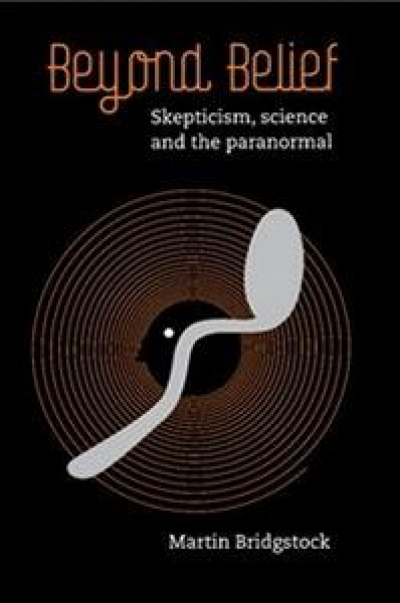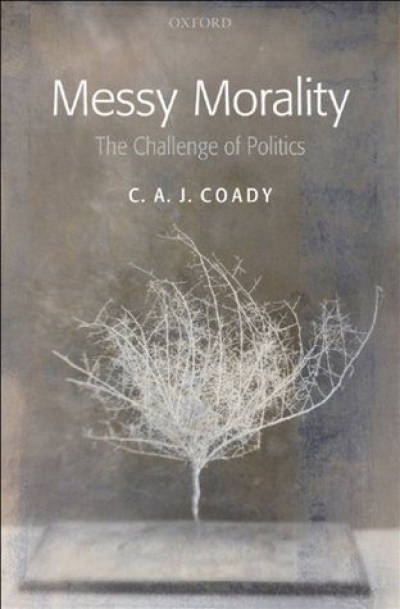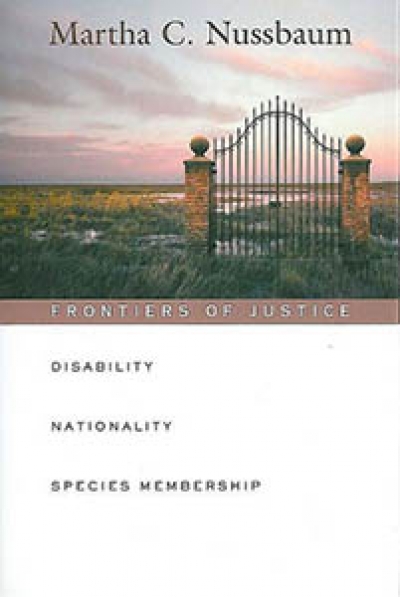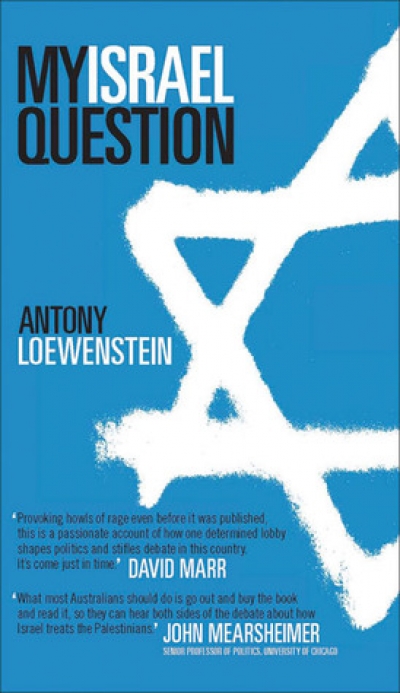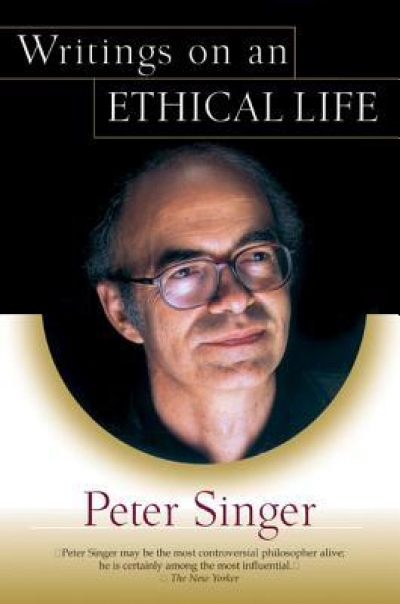Tamas Pataki
The Joy of Secularism: 11 Essays for How We Live Now edited by George Levine
by Tamas Pataki •
Beyond Belief: Skepticism, science and the paranormal by Tamas Pataki
by Tamas Pataki •
Frontiers of Justice: Disability, nationality, species membership by Martha C. Nussbaum
by Tamas Pataki •
Shortly before the federal elections of October 2004, Treasurer Peter Costello delivered an address entitled ‘The Moral Decay of Australia’ to 16,000 members of the Assemblies of God at the Sydney Hillsong Church. For his main theme, Costello invoked ‘the Judeo-Christian-Western tradition’, the core of which, according to him, was the Ten Commandments. He lamented that few people could recite the Commandments today, despite the fact that ‘they are the foundation of our law and our society’. He listed the legacy of that tradition as the rule of law, respect for life, respect for others and private property rights. ‘Tolerance under the law,’ he added, is also, ‘a great part of this tradition.’
... (read more)
